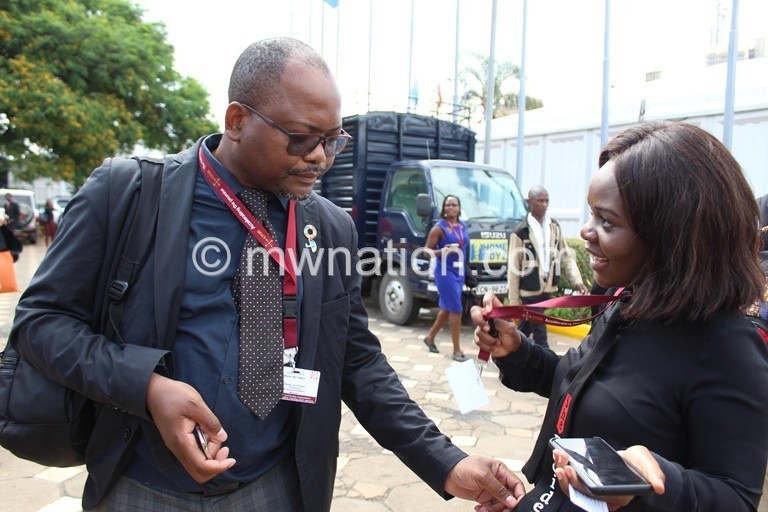Healthcare spending to hit 15% by 2030
Malawi’s healthcare spending is expected to increase to 15 percent of the national budget by 2030, Minister of Health Jappie Mhango has told the International Conference on Population and Development in Nairobi, Kenya.
With K101 billion trickling to the life-saving ministry, the minister yesterday told delegates to the conference that the allocation will increase.

He said: “Malawi commits to increase the health and population budget to 15 percent of the national budget by 2030.”
But an activist for equal access to quality healthcare services has faulted Capital Hill for postponing to the next decade what was supposed to be in practice since 2012.
His sentiments follow Malawi’s signing in 2012 of the Abuja Declaration for all African Union member States to dedicate 15 percent of national budgets to improving health services for all.
Despite the commitment, budget tracking by Malawi Health Equity Network (Mhen) shows that domestic allocation for health has been hovering between 10 and 14 percent of the national kitty ever since.
In the K1.7 trillion 2019/20 National Budget that Parliament passed in October, the Ministry of Health was allocated just about 5.5 percent.
In an interview on the sidelines of the conference, Maziko Matemba, executive director of the Health and Rights Education Programme, demanded accelerated action to achieve the number one commitment on the country’s 10-point blueprint unveiled at the global meeting of at least 5 000 people from over 150 countries.
He said: “What we, as the civil society will be looking at is how do we make sure that government is accountable to the people the promises are supposed to serve, especially children and women.
“But this is unfinished business from the Abuja Declaration made in 2012. We are failing to meet our financial commitments as a nation.”
The country’s healthcare system, which got about K101 billion in the national budget, remains hugely donor driven with external assistance rising up to 85 percent of total spending.
But Mhango retorted: “We are not postponing the commitment we made in Abuja, but we are investing slowly and steadily. Now, we are at 10 percent and we are remaining with five percent.”
Matemba also questioned government’s policy to lower maternal mortality to 110 per 100 000 live birth instead of striving for zero deaths or the target of 70 per 100 000 stipulated in the National Health Strategy which Principal Secretary Dan Namalika said remains in force despite the new commitment.





